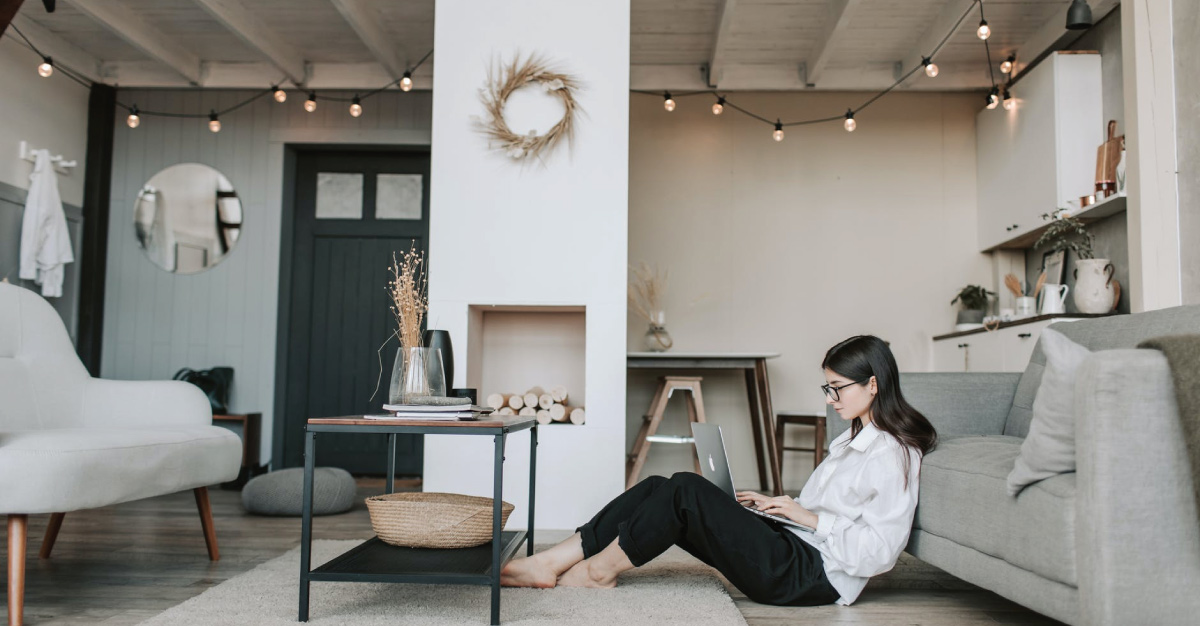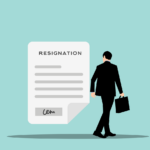With the Coronavirus pandemic and its panic sweeping the population, a lot of knowledge workers are stuck at home.
With the mantra of stay home – stay safe everywhere, I thought it would be good to jot down some points. These reminders are more for me than for anyone else to be honest – as I have the uncanny ability to sleep 14 hours straight at any sudden chance I get.
1. Stick to some form of a routine
A loss of usual routine can be the beginning of a lot of personal miseries in the world – as guru Jordan Peterson says. Waking up late, forgetting to shower, – unusual snacking and consumption of entertainment in the times of office – can quickly spiral down into chaos. Believe me I have been there, finishing 2 movies and lots of Snickers bar in the name of “working from home”, and feeling awful about the whole thing afterwards – should not be on anyone’s to-do.
So instead, remember to get fresh and get ready – at least in semi-formal clothes to psych you up for action.
Take a timed lunch break.
Close it down at night to focus on the entertainment / other works now.
2. Talk to your team about it
As more and more people get into the habit of home office, you realize there is no longer any down-time, no more clear weekends, the boss knows you woke up at 11am, so feels it is okay to knock you at 11pm. But this lack of boundary between office and home can mean that you are often overwhelmed. Not knowing when to finally close the office laptop to focus on yourself.
You need to be the change agent wherever possible. Being burnt out is not the target, doing quality work is. So, talk about it in your team meeting – agree to some sort of understanding among yourselves.
3. Remember the informal things you did in the office
With 8-10 hours a day at the office, we have a lot more than just work in the office. We have our social connections, chit-chats, gossip and meme-sharing with colleagues. It is a good idea now to call them up every now and then, even without any work-related issues.
I have started calling up my go-to gossip bros every other day now just to have at least some semblance of normality.
4. Put an information diet in place
There is a ton of info about the pandemic coming out every day. From half-truths to whole lies, and scary facts.With infinite scroll in Facebook, and all the latest newsletters being about the crisis, it is easy to be dragged into the fight or flight mode again and again – tiring your body and mind in the process.
So, track how much time you let yourself consume such information. Bookmark only a few prominent news sources and put a limit on the consumption. Say 30 mins max per day. Ignore the thread for the rest of the time.
Personally I am checking OurWorldinData for all the updated data, and WHO situation reports for a bit more details regarding progress into the fight against it.
I have not been able to stop scrolling FB for the latest news totally though– but have put a timer on the app so that I cannot run it for more than 30 mins a day.
5. Reach out to Friends and Families- be their personal experts
We are all under pressure. But at the same time, we are all in this together. It is an unprecedented event in our lifetime when the world is gripped by one common threat. So, we need each other.
Today, more than we ever knew before. Call a friend from your school days that you suddenly remember, arrange a video call with all the alumni, start the conversation with the near and distant relatives.
A lot of the elderly do not know how to navigate all the new information coming out, you may be able to help them be aware of the false treatments and be diligent instead. Hearing your voice may be just the thing that they need.
6. Keep an eye open for people in need:
If you have the option to donate, donate through people and organizations you trust. Reach out to the ones nearest to you. It can be the security guards, housekeepers, and your neighbors.
7. Re-start doing something you did in school breaks:
If you have sold your soul to the job a long time ago, it might be difficult to feel alive at home. A good idea is to remember what you used to enjoy when you were younger. Be it painting, story books, video games, practicing a musical instrument, anything that can take you back to that mental space – while keeping the social distancing alive.
Or you can start something new, you always wanted to do but never went around doing it – meditate, learn a new language, or visit that bookmarked online course from 3 years ago.


















